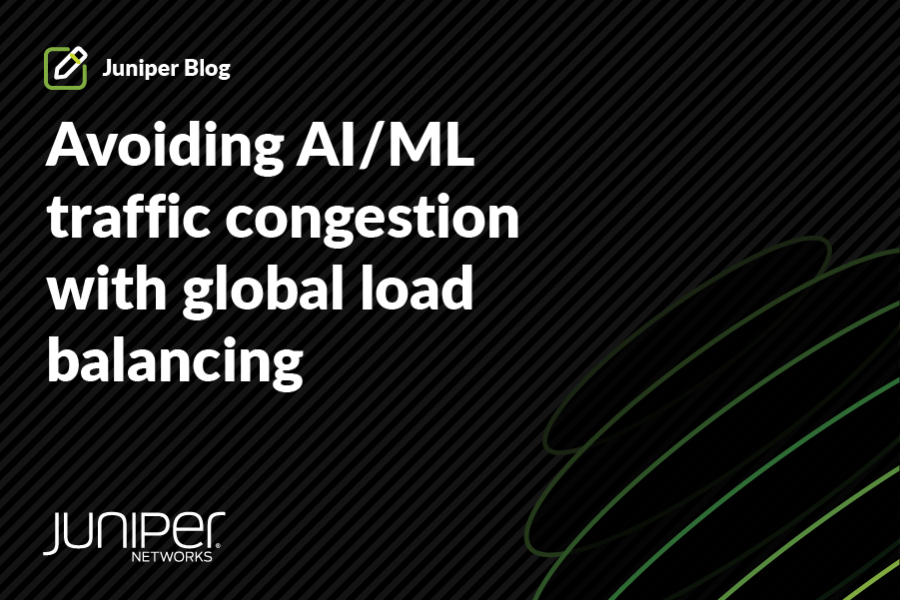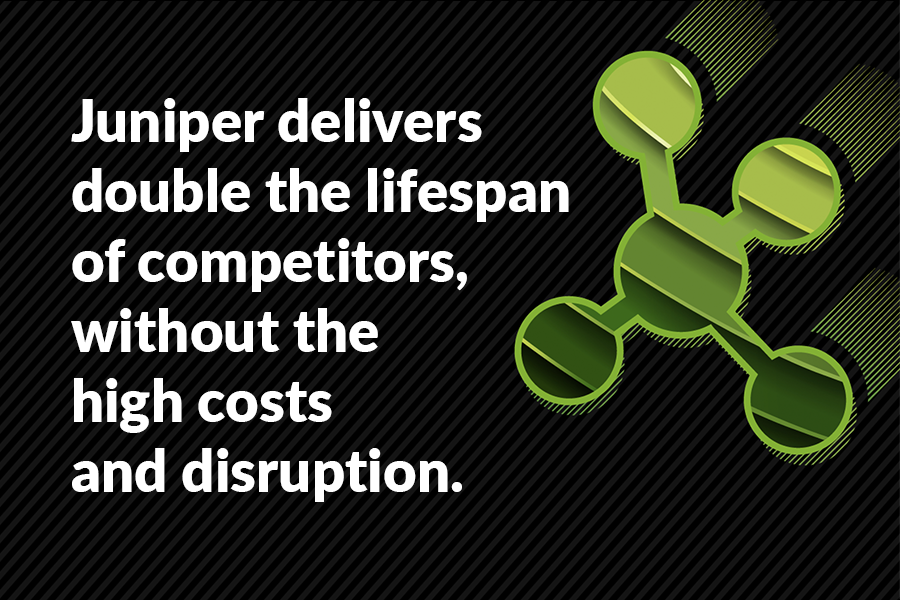Today’s healthcare providers must deliver around-the-clock services, which places a tremendous strain on the network infrastructure that facilitates connectivity across applications, systems and devices. Unexpected network outages can result in significant financial losses for healthcare providers and catastrophic risks to patients.
The need for uninterrupted network connectivity has never been more vital. But while a 24/7 network is critical to patient care and the healthcare provider’s bottom line, IT departments have lost a significant amount of visibility into the devices that are connecting to their networks – this includes the type of experience the user is having while connected– which can significantly impact the ability to provide always-on services.
Common Side Effects of Network Disruptions Can be Detrimental
As the number of connected devices increases, managing and maintaining them becomes increasingly complex. Challenges range from sheer scale and diversity of devices to bandwidth constraints and monitoring/visibility issues, which hamper effective troubleshooting, security management and resource allocation. Losing visibility into the devices connected to the network also hinders IT’s ability to understand and assess the user experience while connected, resulting in challenges in proactively improving user satisfaction. For example, knowing if a connectivity issue is specific to a device or an area of the hospital can minimize waiting time and make facilitating rapid patient care the priority.
To address the ever-growing complexity of networks and mounting concerns of healthcare providers and IT staff, emerging network innovations offer promising solutions. These advancements aim to alleviate network burdens, enhance patient care and improve IT efficiency. One such innovation provided by Juniper Networks is the value of automation, which allows for centralized management, programmability and network infrastructure automation. Automation empowers IT departments to adapt to changing demands swiftly, optimize network performance, and enhance security measures. By simplifying network management and configuration, automation offers healthcare providers more control over their networks while reducing the risk of disruptions. The innovations don’t stop there.
Emerging Network Innovations Can Manage Risk
Smart healthcare is increasingly being publicized as the next big thing in the medical space. As shared in Innovation News Network, to enable the ‘smart’ functions in a variety of healthcare settings, robust, AI-powered networking is crucial to ensure that devices and analytics are always on. Sustained connectivity is essential when patients rely on devices, such as life support, to keep them alive. Although there is an initial cost associated with implementing digital transformation in healthcare, across the board, digital solutions quickly allow processes to be conducted in a more budget-efficient manner.
Hospitals, surgical centers and other medical facilities have transformed into an Internet of Medical Things (IoMT) environment. This means that various elements of the facility will be connected to the internet, including medical devices and equipment. Analytics and location data from these devices can give staff insights into how the facility is working and can guarantee that it is optimized to enhance clinician and patient flow. Implementation of these analytics can also be used to ensure that medical environments are not wasting unnecessary energy and budgets.
For example, Juniper Networks provides its customers with advanced network analytics and monitoring tools that offer deep insights into network performance and user experience. These tools leverage advanced analytics and machine learning algorithms to proactively detect and address network issues before they escalate. Real-time monitoring helps identify potential bottlenecks, optimize bandwidth allocation and ensure seamless connectivity across critical healthcare systems and devices. With increased visibility, IT staff can promptly respond to network incidents and minimize their impact on patient care.
Having met and exceeded the technical requirements of many healthcare organizations worldwide, Juniper Networks is confident that our vision and AI-driven healthcare platform will help meet the ever-changing technology and user requirements. We strongly believe that the healthcare industry can forge a path toward a future where reliable and resilient networks are the backbone of quality, efficient and sustainable healthcare delivery.
For more information, please join us for a demo on June 21 at 6PM EDT/ 3PM PDT to see how Juniper Networks can transform your healthcare digital experience.


